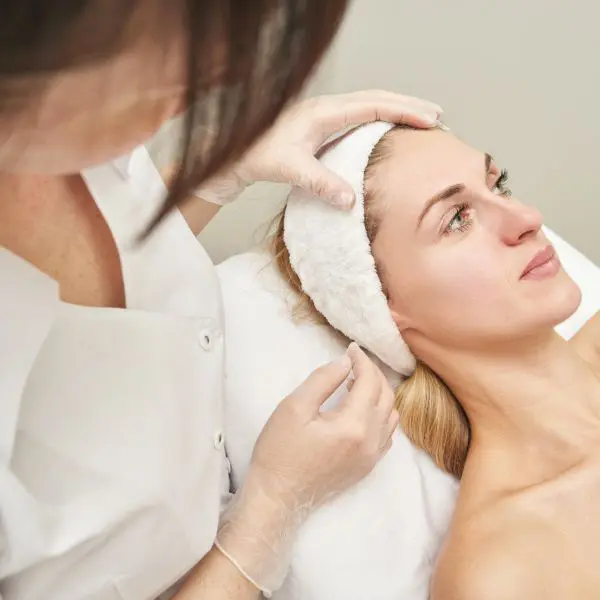
Uncategorised
Why should I undertake a Level 7 qualification?
In a landscape where training is optional and not a legal requirement, it’s no surprise that practitioners with a robust clinical or medical background would ask themselves why they need to dedicate the time and financial investment it takes to complete a Level 7 qualification.
Earlier this year, the UK Government announced its intention to introduce a new system of licensing in England for cosmetic procedures. The amendment highlighted in the Health and Care Bill will give the Secretary of State for Health and Social Care powers to introduce a license to perform non-surgical cosmetic procedures such as botulinum toxin and dermal filler injectables. The scope and details of this will be determined through extensive engagement, including a public consultation, and training requirements are expected to be part of that. This means that aesthetic professionals who want to safeguard their careers would be well placed to start preparing themselves now.
Medical aesthetics is a competitive career, and setting yourself apart requires operating to the highest standards of ethics and patient care. One way to do that is to ensure you are trained to the highest possible standards.
There are a lot of training courses out there, but one thing we do know is that the current guidelines recommend an accredited Level 7 qualification as the gold standard for those offering injectables.

What is the Level 7 Diploma ?
The term Level 7 has become part of the industry vocabulary ever since the Keogh Review (2013) and subsequent Health Education England Guidance (2015) recommended the level at which practitioners should be trained to perform certain cosmetic procedures. This framework was later adopted by the Joint Council for Cosmetic Practitioners (JCCP) and Cosmetic Practice Standards Authority (CPSA).
At the top of the tree, at Level 7 diploma, were cosmetic injectables such as botulinum toxin and dermal fillers. The Standards recommended that anyone performing these procedures should be trained to a practical, post-graduate level.
Thus the first nationally accredited and regulated qualification – the Level 7 Diploma in Injectables in Aesthetic Medicine – was born.
The Level 7 Diploma awarding organisation is VTCT.

What does this mean for me?
Choosing to undertake a Level 7 Diploma is a wise career move for any injector. Not only does it demonstrate competence and provide experiential evidence by helping you to build a verified treatment portfolio of patients under expert supervision, but the additional theoretical material covered, such as psychology, helps strengthen and underpin your consultation process and practice.
If you are not a clinic owner yourself, this type of qualification could help set you apart when applying for jobs, as it shows commitment to your field and that your work has been assessed against an established and recognised framework.
If you are a clinic owner, having a Level 7 Diploma is a great way to future-proof your business. With legislation expected in the near future, undertaking nationally recognised training at this level now will stand you in good stead and put you in a good position should a licencing scheme with stipulations around qualifications come in. Even if it doesn’t, having a regulated qualification like this in a competitive market where complications are becoming more and more prevalent shows a high level of training that can serve as reassurance for patients.
The Level 7 Diploma is a comprehensive post-graduate qualification encompassing more than 120 hours of flexible, self-directed study in eight modules and involves practical hands-on training, theoretical study, assessment and mentorship. This means it is far more comprehensive than weekend training courses in toxins and fillers. The best way to ensure you are trained to the highest standards and to prepare for any forthcoming regulation is to undertake a nationally recognised and regulated qualification sooner rather than later.
Click here to find out more about the VTCT Level 7 Diploma in Injectables
